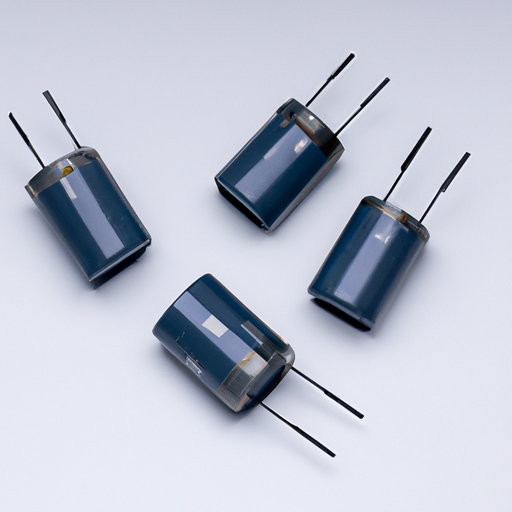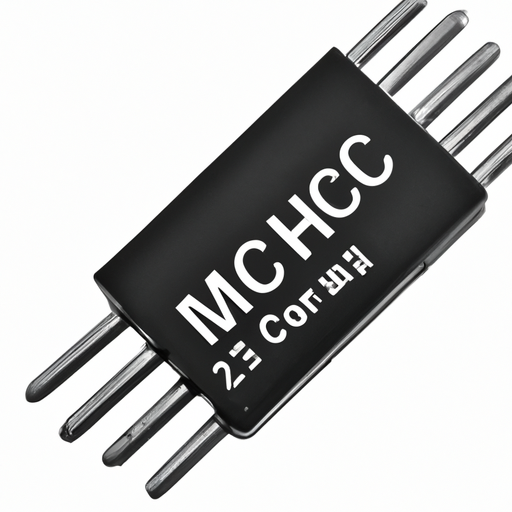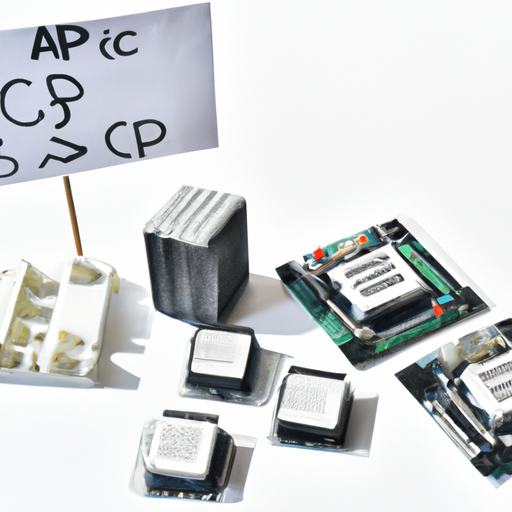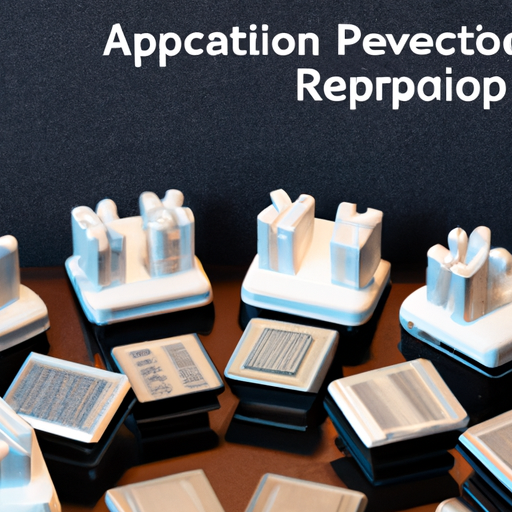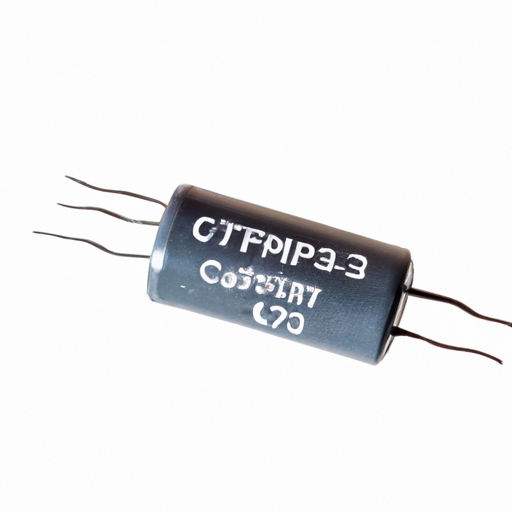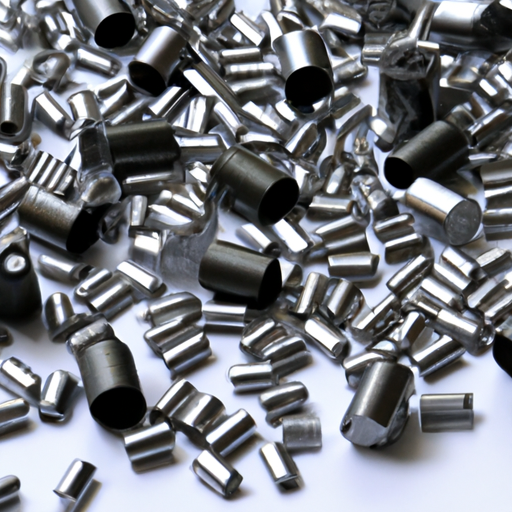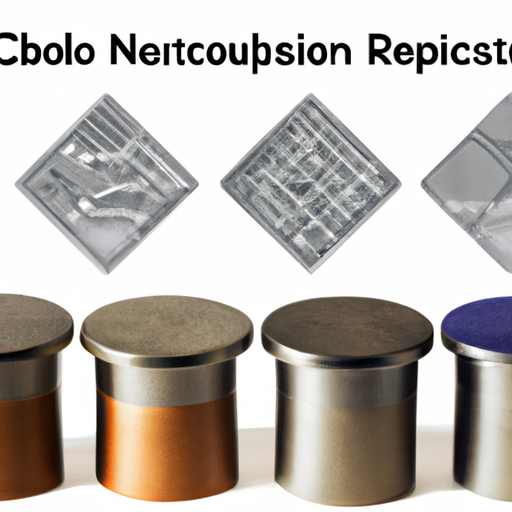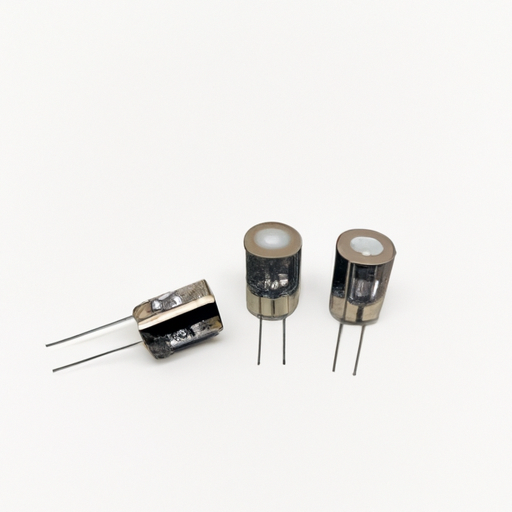Core Functional Technology of Silicon Capacitors
1. Basic Structure: Silicon capacitors are typically constructed with a dielectric material, such as silicon dioxide (SiO2), sandwiched between two conductive plates. This structure allows for the storage of electrical energy in an electric field created between the plates when a voltage is applied.
2. Integration with CMOS Technology: Silicon capacitors can be seamlessly integrated into CMOS (Complementary Metal-Oxide-Semiconductor) technology. This integration is essential for creating compact, efficient designs that are prevalent in modern electronic devices, enabling high-density circuit layouts.
3. Capacitance Values: These capacitors can be engineered to achieve a broad range of capacitance values, from picofarads to microfarads. This versatility makes them suitable for various applications, including timing circuits, filtering, and energy storage.
4. Temperature Stability: Silicon capacitors are known for their excellent temperature stability, which is crucial for applications that require consistent performance across a wide range of environmental conditions. This stability ensures reliable operation in diverse settings.
5. Low Leakage Current: One of the significant advantages of silicon capacitors is their low leakage current. This characteristic is particularly important in battery-operated devices, where power efficiency is paramount, as it helps prolong battery life.
Application Development Cases
1. Timing Circuits: In digital circuits, silicon capacitors are often used alongside flip-flops like the MM74HC374N to create timing circuits. By connecting capacitors to clock inputs, designers can implement delay circuits that synchronize data transfer, ensuring that signals are processed at the correct times.
2. Signal Filtering: Silicon capacitors are integral to analog and digital signal processing applications. They are employed in various filter configurations—low-pass, high-pass, and band-pass—to eliminate unwanted noise from signals, allowing only the desired frequencies to pass through. This is critical in audio processing and communication systems.
3. Energy Storage in Power Management: In power management applications, silicon capacitors serve as energy storage devices, providing power during transient loads. They are essential in power supply decoupling, where they help maintain stable voltage levels, ensuring that circuits operate reliably even during sudden changes in load.
4. RF Applications: In radio frequency (RF) applications, silicon capacitors are utilized in tuning circuits and impedance matching networks. Their small size and compatibility with silicon chip integration make them ideal for compact RF designs, which are crucial in modern wireless communication devices.
5. Embedded Systems: In embedded systems, silicon capacitors are used for decoupling and bypassing in microcontroller circuits. They filter out noise from the power supply, ensuring that microcontrollers operate reliably and efficiently, which is vital for applications in IoT devices and smart technologies.
6. Automotive Applications: The automotive industry increasingly relies on silicon capacitors for various electronic applications, including sensor signal conditioning, power management, and communication systems. Their reliability and performance under harsh conditions, such as extreme temperatures and vibrations, make them suitable for automotive environments.
Conclusion
Silicon capacitors are essential components in modern electronic design, particularly when integrated with devices like the MM74HC374N. Their ability to provide stable capacitance, low leakage, and compatibility with CMOS technology makes them indispensable across a wide range of applications, from timing circuits to power management and RF systems. As technology continues to advance, the development of innovative silicon capacitors will further enhance the performance and efficiency of electronic devices, paving the way for more sophisticated and compact designs in the future.

